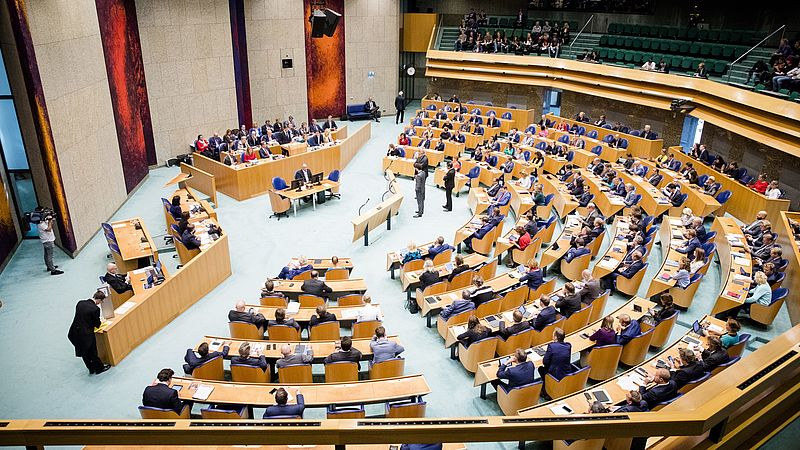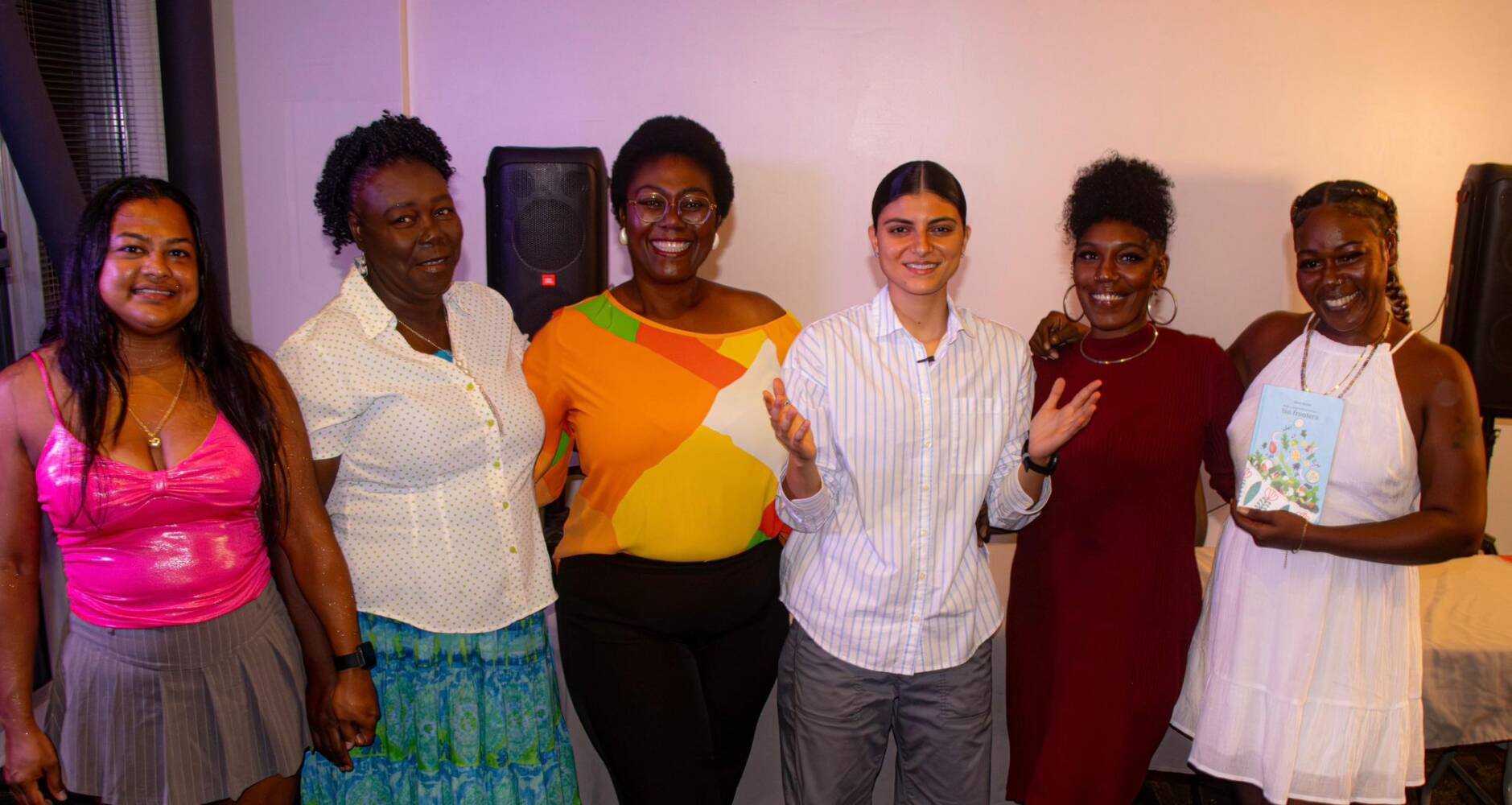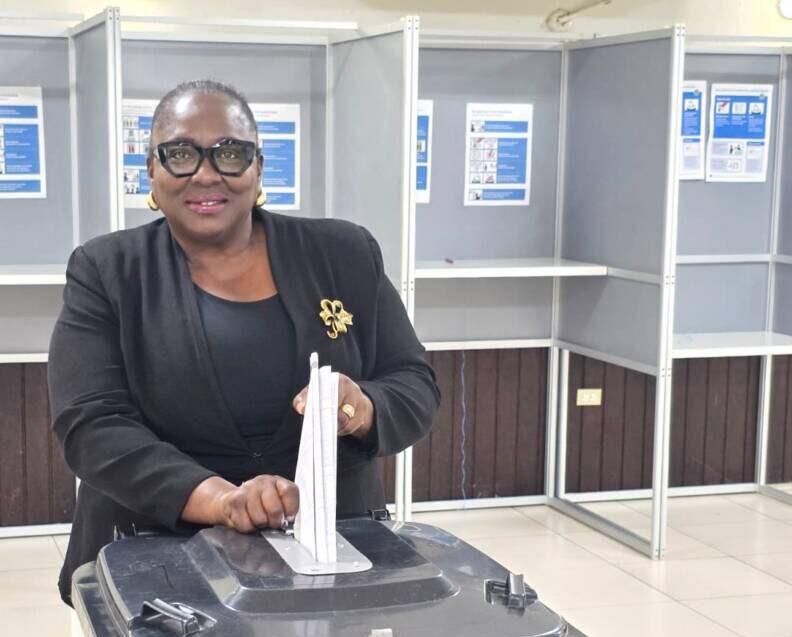A large majority in the House of Representatives in the Netherlands has decided that the social minimum will be introduced in the three Caribbean municipalities as of July 1, 2024. This means that residents of Bonaire, Saba, and Statia can – after almost 14 years of waiting – receive a realistic amount to live on.
When the three islands became special municipalities in 2010, they did not receive all basic rights. Only residents of the European Netherlands can still count on a social minimum. The Dutch government always wanted to investigate the right amount and see how living costs could be reduced.
The minimum wage and benefits must now be increased to a realistic amount in one go, the House believes. Members of Parliament Don Ceder (Christian Union) and Jorien Wuite (D66) have submitted a proposal, which was adopted by a large majority on Tuesday.
Amounts need to increase significantly
The Thodé Commission and Nibud have conducted research into the minimum amount that people in the Caribbean municipality need. The results are grim. A household (single parent with two children) on Bonaire lacks no less than two-thirds of the income necessary to live on. A single retiree misses almost half of that amount.
The benefits are shockingly low, the committee finds. Most people living in poverty have jobs. But the minimum wage has been too low for years and the costs of living are high, meaning that people with work remain poor.
‘Injustice has finally been righted’
“The time has come for people on Bonaire, Saba, and St. Eustatius to be protected by a humane social minimum,” said Christian Union MP Don Ceder after his proposal was adopted. “People on the islands often have two or three jobs and even then live well below the poverty line. That is so wrong! Work must pay.”
Of approximately 30,000 people on Bonaire, Saba, and Statia, 11,000 are living in poverty. “It’s simple: residents in the Caribbean Netherlands are entitled to an adequate income. Unfortunately, this was not self-evident for many years. Fortunately, a large majority of the House has finally corrected this injustice,” said Ceder.
The parties PVV, Forum for Democracy, JA21, Groep-Van Haga, and the independent MP Ephraim voted against it.
Minister to islands
Several companies on Bonaire fear that the significant increase in the minimum wage would be harmful to businesses and the local economy. Outgoing Minister Carola Schouten (Poverty) and Glenn Thodé of the investigative committee are in the Caribbean municipalities this week to talk to local politicians and employers.
The House of Representatives wants the minimum wage to increase from $1,236 to $1,750 as of July. This also increases employer costs. The Hague has also decided to allocate 4.2 million euros to compensate the companies.
The employers call in a letter for an increase of a maximum of $324 and not $514 as the investigative committee and Nibud advise politicians.
Consumer association Unkobon calls on employers to stand up for ‘the interests of the working poor’. “Finally there is a hard-fought breakthrough. Our people earn an income on which they can live, eat and drink.”
In recent years, the Dutch government has taken various measures to help people in poverty, but this has repeatedly proven to be insufficient.








